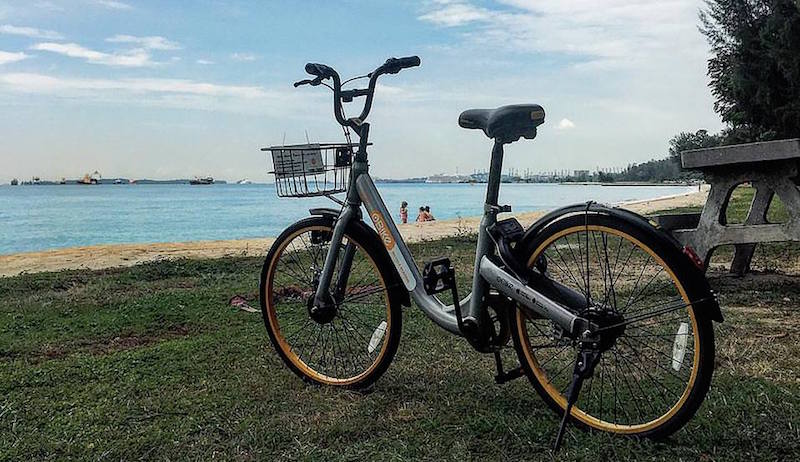Over 3,000 former customers of bicycle-sharing company oBike have submitted claims to get their deposits refunded, Channel NewsAsia reported. And the number is still climbing.
oBike founder, Shi Yi, has come under fire over the past three weeks for mishandling the abrupt closure of the company’s Singapore operations. In particular, leaving thousands of clients without a means to get their supposedly fully refundable S$49 deposits back.
In July, the Consumers Association of Singapore (CASE) announced its findings, revealing that one reason oBike was taking so long to return consumers’ deposits was because the company had used the funds to purchase new bikes, a practice CASE called “unethical.”
“Using these deposits to purchase bicycles and fund their operations means that oBike would be financially hard-pressed to provide the deposit refunds to consumers without new sources of funding,” CASE said in a statement.
Earlier this month, provisional liquidators FTI Consulting were appointed to manage oBike’s remaining affairs in Singapore, The Straits Times reported. These included collecting and disposing of the 70,000 bicycles abandoned throughout the island — a process already underway in a Tuas facility — as well as returning the deposits, totalling over S$6 million, owed to local consumers.
FTI Consulting has put together an online form for customers to submit refund claims, but users are complaining that the form is overly complicated and intrusive, requiring excessive documentation of payments made to oBike.
Some of the data requested include personal information such as users’ NRIC number, contact number, telephone bill used to register the oBike account, and credit card statement.
While the liquidators say the details asked for on the form are required for verification purposes, customers are still frustrated that they cannot simply get their refunds through the oBike app, according to Channel NewsAsia.
“Unfortunately, the oBike mobile application is not under the control of oBike Singapore,” said FTI Consulting.
The company explained that, as a separate entity from oBike, it has no control over the app.
“However, the provisional liquidators are exploring this option and will update if it becomes feasible,” it added.




